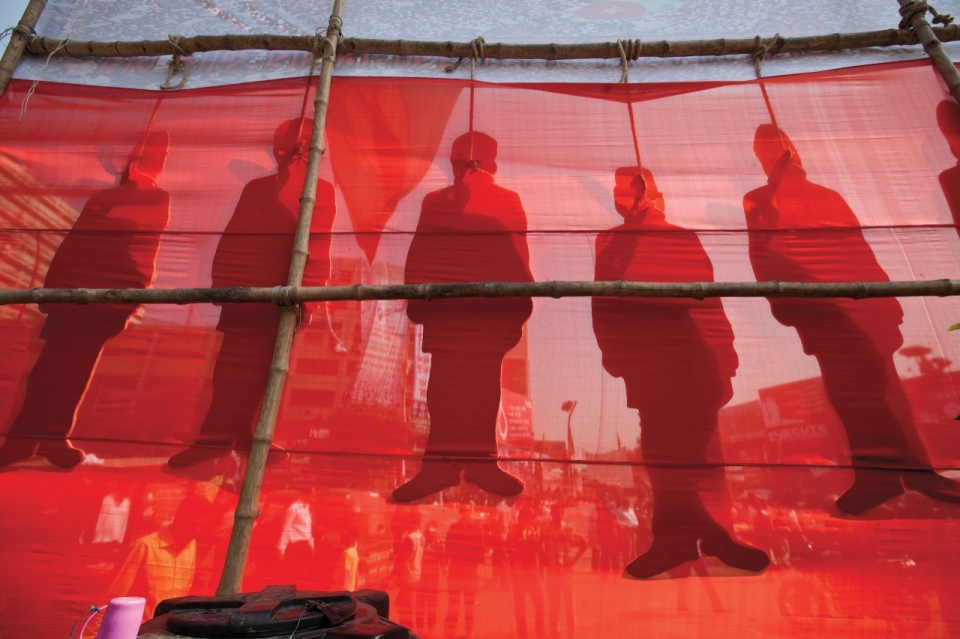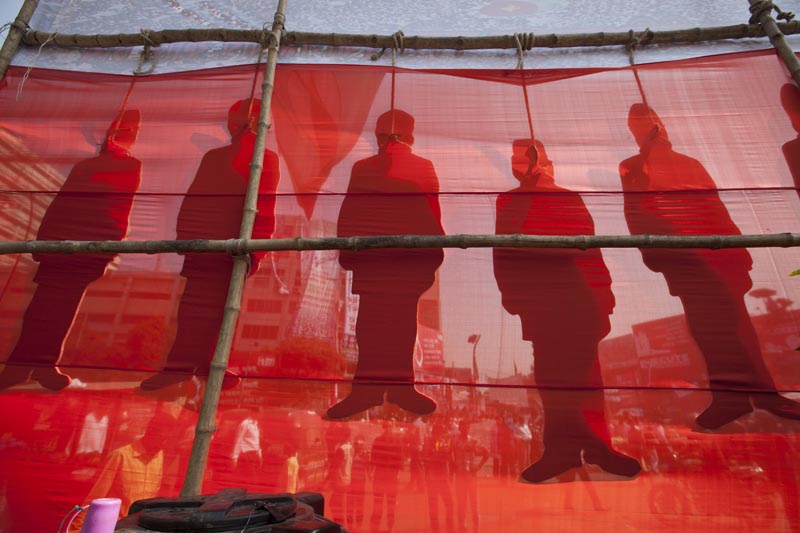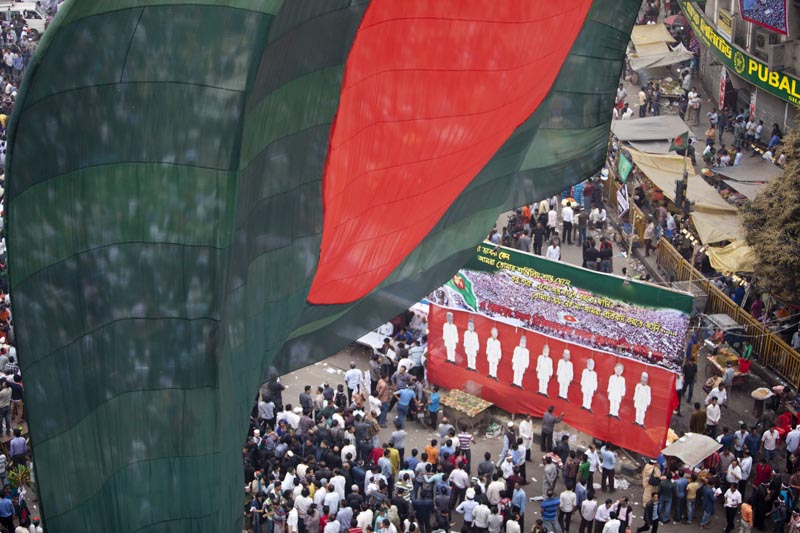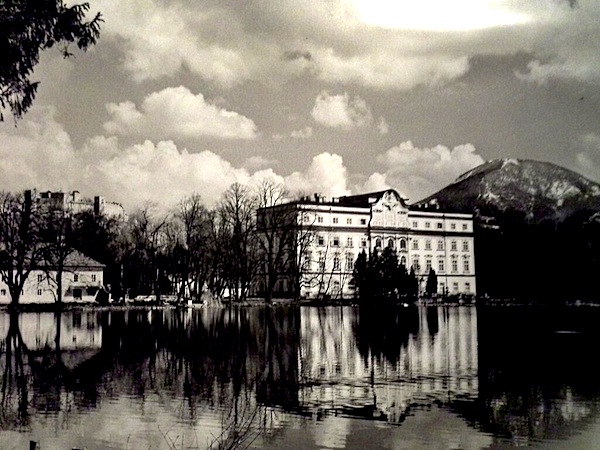On country’s Independence Day, Al Jazeera looks at issues surrounding war crimes trials that have divided the nation. Sumi Khan,?Ben Piven?and?Jeremy Swinarton

Musings by Shahidul Alam

A Freedom Fighter Sings of 1971 from Shahidul Alam on Vimeo.
He had also conducted operations in Kaderpur and Haluaghat. Now much of his time is spent around Suhrwardy Uddyan where the deed of surrender was signed in 1971. ?I found him slowly walking along the photographic exhibition on 1971 we had orgasised. He would stop and peer intently at each photograph. I asked him what he was looking at. ?I am looking at myself he said. It is me you have photographed.? ?I asked him what he thought of Bangladesh now. Whether he still dreamt of the Bangladesh he had fought for. ?He replied wistfully, ?It?s good we are free.? Then he paused and said. ?Sometimes I dream. Sometimes I don?t.?
I have never seen him since.
Begum Khaleda Zia’s snub to Pranab Mukherjee sadly confirmed that Bangladeshis are still fighting yesterday’s battles. They still suffer from the dilemma Zulfikar Ali Bhutto tried to exploit by arguing mischievously during the liberation war that if “Muslim Bangla” was primarily Bengali, it should merge with West Bengal. If it was Islamic, it should remain in Pakistan. Continue reading “The anomaly of a secular Bangladesh”
 ??Shahidul Alam/Drik/Majority World for Newsweek Old ghosts stalk the streets of Dhaka. Over the past month, tens of thousands of people have gathered at Shahbag, near the National Museum in downtown Dhaka, demanding justice over the war crimes of 1971. There is a large portrait of Jahanara Imam, the ?mother of martyrs,? who lost her son during the war, and fought for justice for all those who perished. She died in 1994, but her spirit is vividly present at Shahbag. Continue reading “What Pakistan left behind”
|

A campaign of violence by Bangladesh?s main Islamist party, Jamaat-e-Islami, has left 74 people dead since February 28. They are protesting the death sentence handed down against senior Jamaat leader Delwar Hossain Sayedee by the International Crimes Tribunal, set up by the ruling Awami League.

Continue reading “Bangladesh?s Unfinished War”

In 1971, Bangladesh declared independence from Pakistan and fought a bloody war to establish itself as a fledgling nation. More than four decades on, a country born out of troubles and bloodshed is experiencing growing pains. A war crimes tribunal that was meant to bring closure has instead brought old wounds back to haunt a new generation. At the heart of the story is the country?s main opposition party, the Jamaat-e-Islami. Continue reading “Bangladesh: The ghosts of 1971”
Bangladesh’s Winter of Discontent
Published: February 28, 2013. DHAKA, Bangladesh


FOR the past month, tens of thousands of Bangladeshis have filled Shahbagh Square here, demanding justice for crimes committed in 1971, when Bangladesh (formerly East Pakistan) attained its independence from Pakistan.

Arrived in the morning from Salzburg. The hartal wasn’t so strict and was able to hire Suruj Miah’s taxi to get me to Drik. Quickly went on to Shahbagh.
Here are some videos. While I’ve also shared the videos on Facebook, but the site appears to be blocked in Bangladesh.
Even the pit stop in Dhaka is threatened by Jamaat’s hartal tomorrow. I am hoping it will be even more of a flop than previous ones. Those of you who missed the interview in BBC (1:09 into the programme where I talk about Shahbagh). Look out for the oped in New York Times on Friday and the interview on Listening Post in Al Jazeera on Saturday.

Here are some pictures taken on my way back:
It’s a hard life. On the rare occasions when I get bumped up to business class.
My plane waiting at the boarding gate
The courtyard
Sunny afternoon in Salzburg